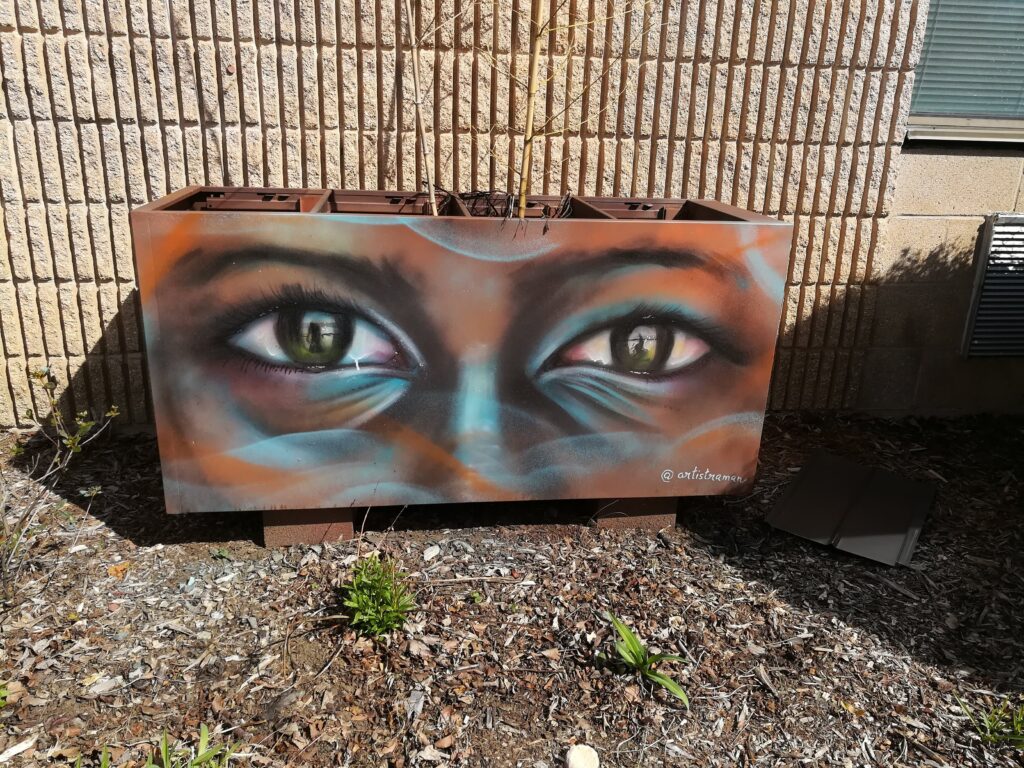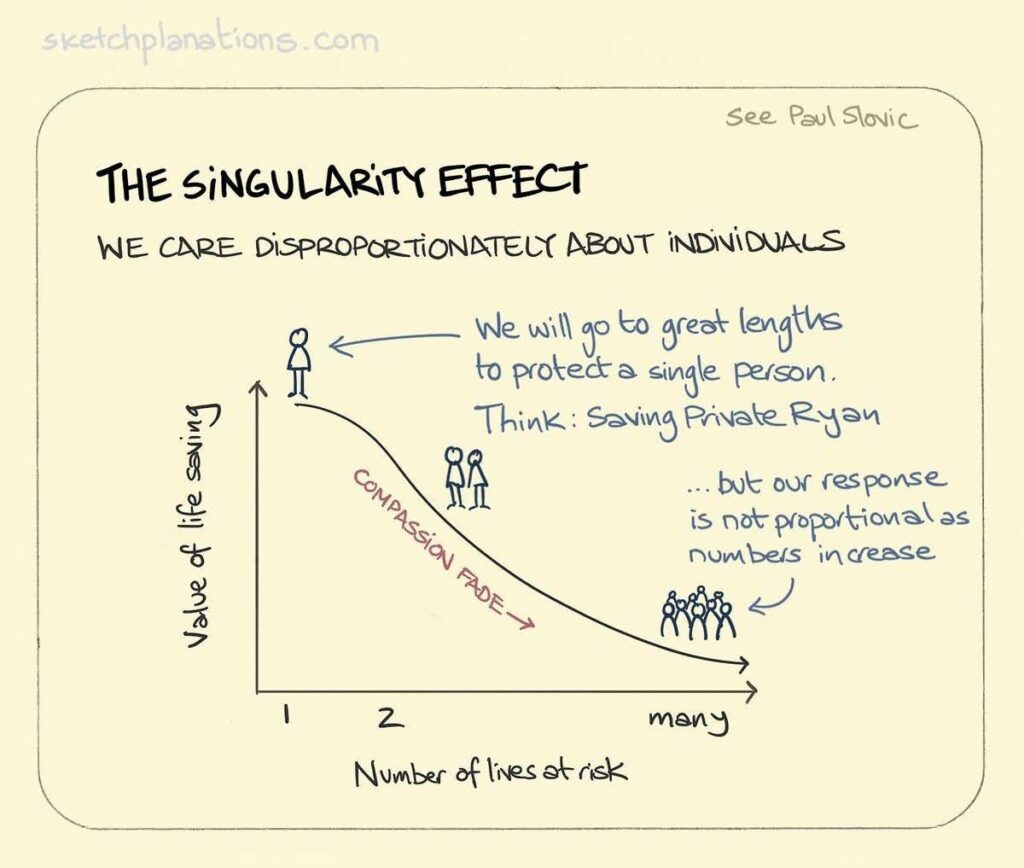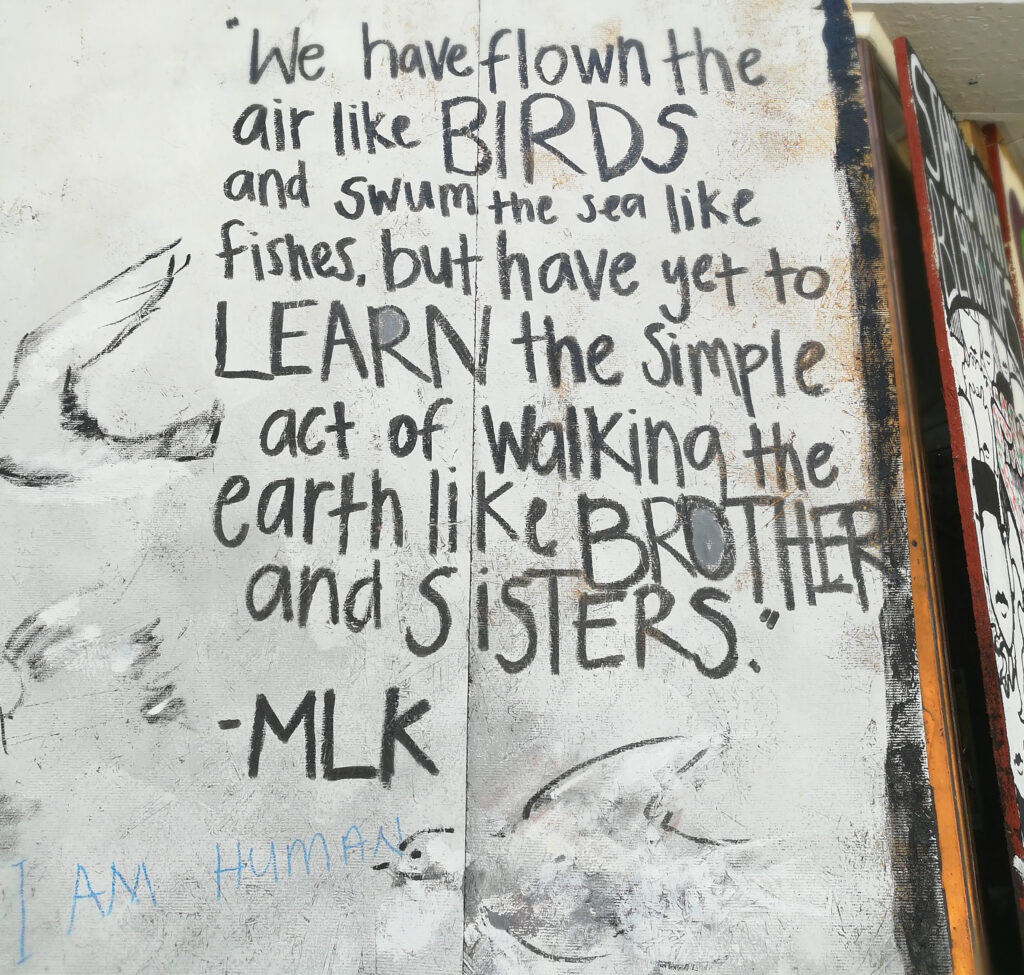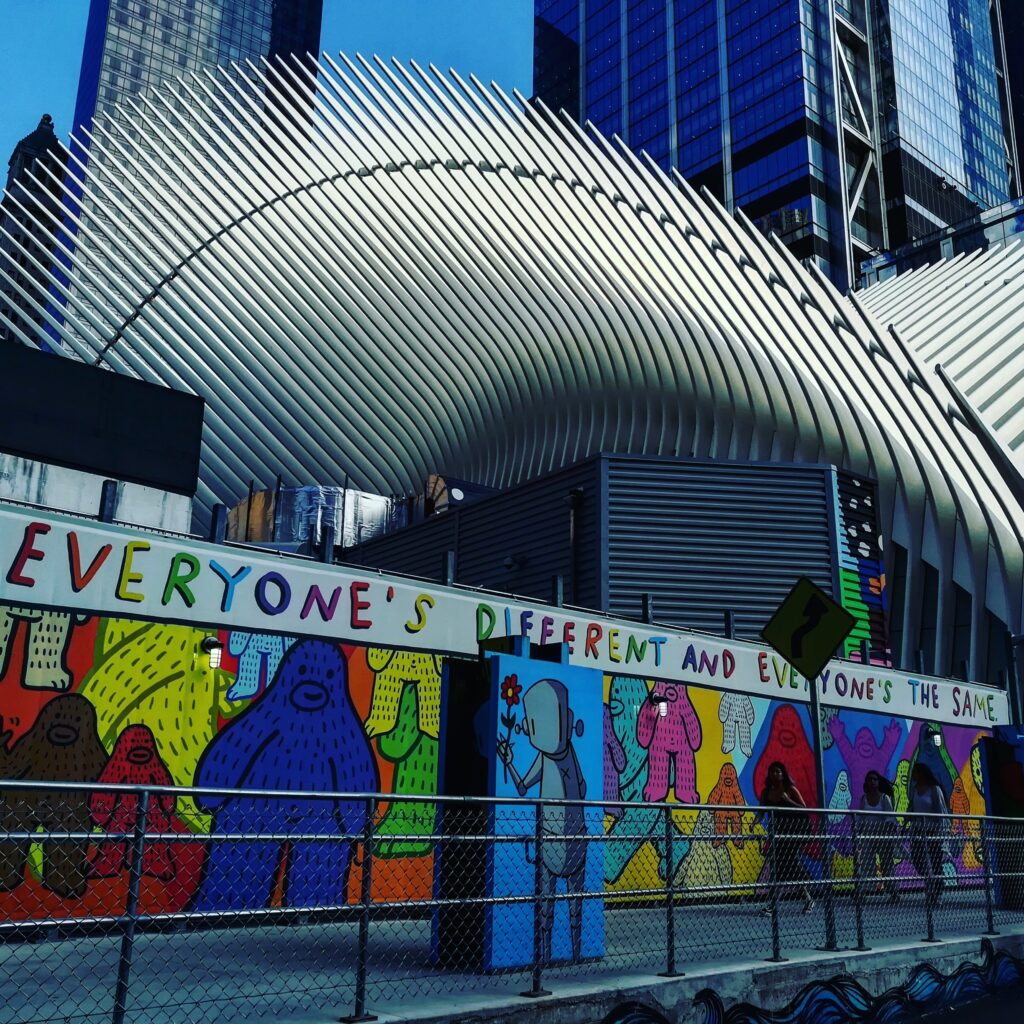Facts matter but they simply don’t move people as much as stories. Take this example:

I was recently at a community gathering where the conversation was about increasing equity. When asked why this matters, I launched into data from a poll about community needs and aspirations. Another participant, however, shared a personal story.
He spoke about his sister with three children. She was out of work and struggling to get by. She was living in a rat-infested house and was terrified about the children being bitten. The landlord had failed to remedy the issue and it was possible to file a complaint with the city. This would result in the family being moved out and housed somewhere for a period of time. But then, they’d be back to having to find a place they could afford and potentially becoming homeless. They chose to stay with the rats.
The story stuck with me because it was vivid and real. It moved me and reminded me of why stories matter. In the world of changemaking, volumes of stats cause people to tune out because they can’t relate to numbers (see graphic below). But a personal story cuts through it all.

The European migrant crisis became real when we saw the pictures of a drowned Syrian toddler in a red t-shirt and shorts washed up on a beach in Turkey. Suddenly, we saw in the refugee child our own children and felt the anguish of the hundreds of thousands of desperate families fleeing war. It spurred a shift in empathy and public policy.
In my community work (www.cometta.co), I focus on getting people to share personal stories rather than opinions about issues. This humanizes things. We may dismiss a person’s perspectives but we can’t easily discount their experience. When we hear their story of struggle, we move towards empathy because we know what it feels like too.

I think this is important in DEI (diversity, equity, and inclusion) efforts. There are people who want equality and equity, some who are opposed, and some who sit indifferently on the sidelines. For those who are indifferent or opposed, an unwanted push triggers resistance. And resistance may not be overt but can result in subtle stalling and sabotage that derails change. What we need is to move from DEI to IDEAL (inclusion, diversity, equity + affinity and love). We find affinity when we share experiences — such as the story I heard about the mother in the rat-infested home — which create caring. Caring generates love, connection, concern, and compassion.
Cold stats engage the mind but don’t often find a way into the heart. We act not because we know things but because we care. Stories get us to care. And caring gets us to change.

